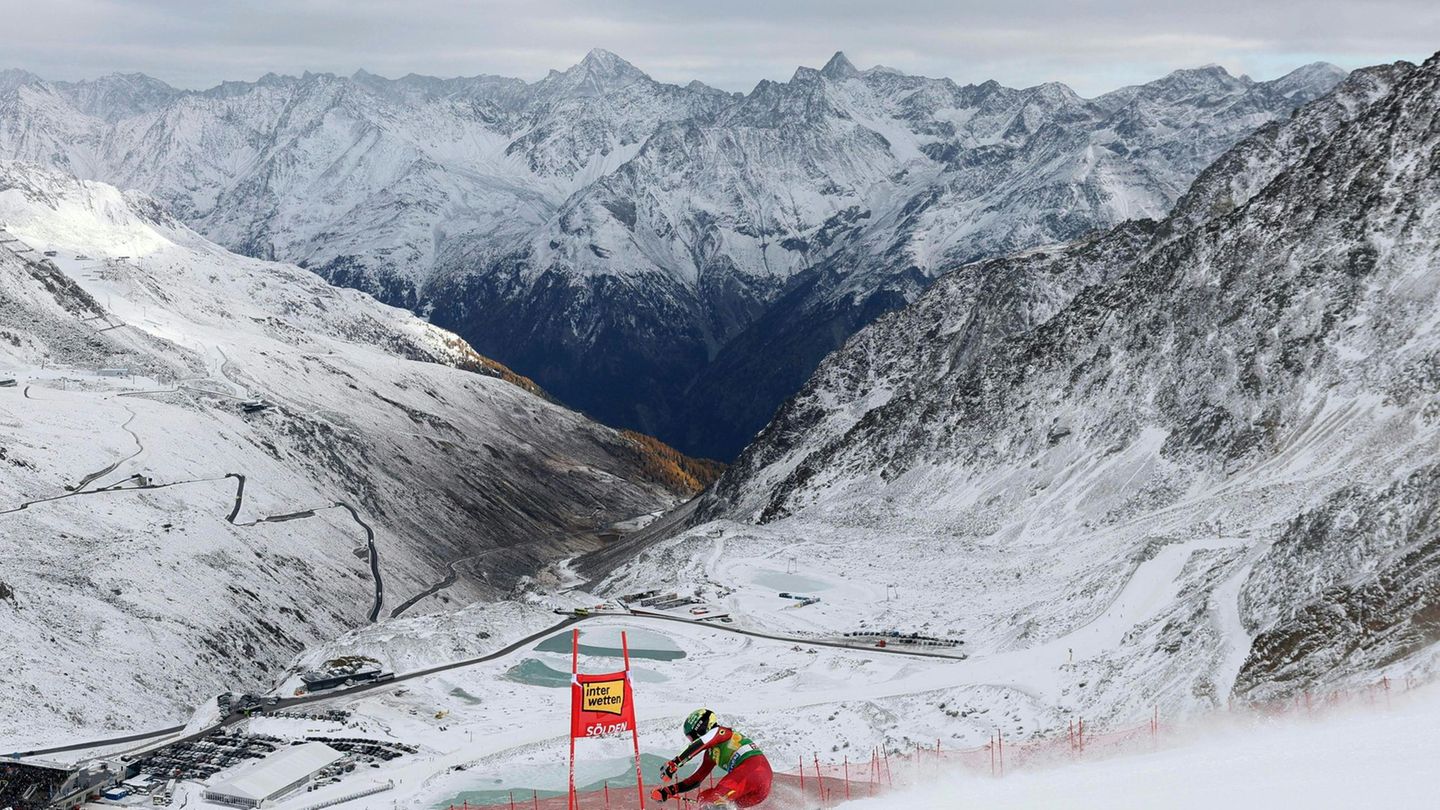Nicaragua announced on Monday withdrawal of its ambassador in Argentina, Carlos Midence, in the face of “repeated statements” against the government of Daniel Ortega by the Argentine president-elect, Javier Milei.
“In the face of repeated statements and expressions from the new rulers, the Government (…) has proceeded to withdraw its Ambassadorfellow writer and communicator, Carlos Midence,” said the chancellor Nicaraguan, Denis Moncada, In a brief statement released by government media Managua.
“The withdrawal is effective immediately”before the new ultraliberal Argentine president takes office on December 10.
Officials appointed by Milei have maintained that they excluded in the invitations to the inauguration ceremony Ortega, as well as the presidents of Cuba, Venezuela and Iran.
Milei, Furthermore, he said that will not promote “relations with communists, nor with Cuba, nor with Venezuela nor with North Korea nor with Nicaragua nor with China.”
“We have circulated the note from our minister of External relationships, The chancellor Denis Moncada, informing about the retirement of our ambassador (…) who was representing us in Argentina and who is already on his way to our Nicaragua”, said the vice president and wife of Ortega, Rosario Murillo, to official media.
“For the reasons explained there, our ambassador returns with his dignity held high,” Murillo added.who is also a government spokesperson.
Differences with the government of Alberto Fernández
Since returning to power in 2007, Ortega maintained good relations with the Argentine president Néstor Kirchner (2003-2007) and then with Cristina Kirchner (2007-2015), but The ties with the current president, Alberto Fernández, were not close and there were moments of distancing.
In August 2021, Managua called its ambassador in Buenos Aires for consultations – in addition to those of Mexico, Colombia and Costa Rica – due to criticism of the arrest of Ortega’s rival candidates in the elections in which he was re-elected, questioned by the international community.
In September of that same year, Nicaragua rejected Argentina’s aspiration to assume the pro tempore presidency of the Community of Latin American and Caribbean States (Celac)alleging that Buenos Aires interfered in its “internal affairs” by criticizing the detention of Nicaraguan opponents.
Additionally, in August 2022, Ortega criticized Fernández for the case of a Venezuelan-Iranian plane who was held in Argentina for weeks at the request of the United States.
In January 2022, more than half of the members of the Organization of American States (OAS) supported an Argentine statement that condemned the presence in Nicaragua, at the invitation of Ortega, of an Iranian wanted for the attack against the AMIA Jewish center in 1994.
Ortega expressed solidarity with Cristina for the attack
In September 2022, Ortega joined other leaders who condemned a failed attack against Vice President Kirchnera week after the prosecutor’s office requested his arrest and political disqualification for alleged corruption.
“We are shocked by what happened […] in the Argentinian republicwhere the violence army breaks into that democracy that has been so cared for,” he said Ortega in a message to the Argentine vice president after the failed attack.
“To you, with admiration, respect and affection, in these difficult moments,” he expressed the Nicaraguan president in a message to Cristina Kirchner for the disqualification request.
Likewise, in July 2014 Ortega expressed his solidarity with the then Argentine president in the face of the dispute that confronted his country with creditors with debt in default in the United States courts.
“We are supporting the government of Argentina, President Cristina Kirchner, in the face of the battle she has against the vulture funds,” the president of Nicaragua then stated to the Channel 4 official in Managua.
Source: Ambito




